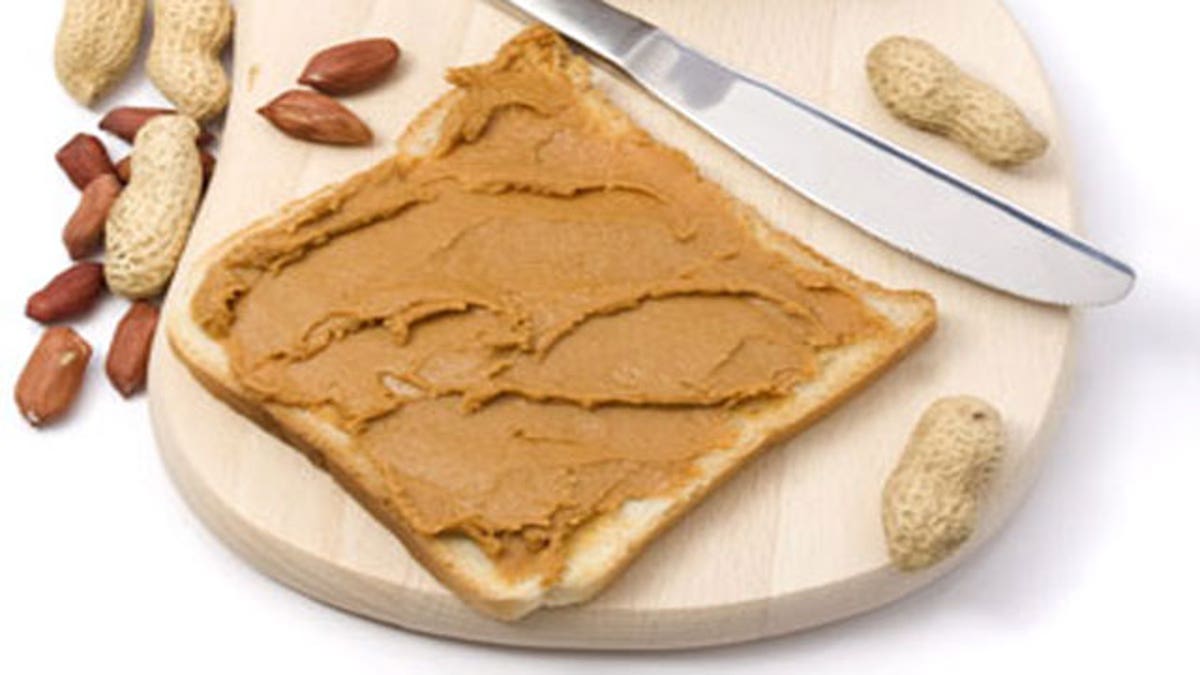
(iStock)
You always prioritize good carbs, like brown rice and sweet potatoes. You toss a full range of veggies in your salad (plus shredded cheese for, um, calcium). But are you getting enough protein in your day?
The average woman needs between 40-50 daily grams of protein, which helps you build and maintain lean muscle and is an essential component of every cell in the body.
The good news is, “most women don’t have trouble getting this much,” said the Nutrition Twins, Tammy Lakatos Shames and Lyssie Lakatos, RDN/CDNs and authors of The Nutrition Twins Veggie Cure. “But the problem is, needs vary so much from person to person. Active women require more, for one, and as you go up in age your protein needs increase—which means those people are often missing the mark.”
Luckily, getting your protein fill is completely doable (hey, that feta in your salad even packs a decent amount). Read on for the three most common fails and the easy fixes, so you can fuel up the right way.
You underestimate your needs
A 130-pound woman requires about 46 grams a day—which isn’t tough to hit—to keep her body humming.
“About 3 ounces of chicken breast is 26 grams, so bump it to 5 ounces and you’re set for the day,” the Nutrition Twins said.
But if you weigh more than that or are super active, that target number soars. To find your ideal daily goal, multiply your weight in kilograms (not pounds) by 0.8 if you’re inactive, 1.3 if you’re active or pregnant, and by 1.8 if you’re extremely active (meaning you’re hitting the gym six times a week for at least an hour per session).
RELATED: 17 High-Protein Snacks You Can Eat On the Go
“When you’re a frequent exerciser, you’re constantly breaking down muscle, and you need that protein to build it back up,” Lakatos said.
Marathon runners in particular need more, she adds: “They’re breaking down so much muscle tissue from pounding and pounding down the sidewalk.”
A 130-pound woman training for a marathon should get around 106 grams a day, more than double that of an inactive woman.
You get all your protein from a few foods
You may have heard that one type of protein—soy! animal protein!—is better for you. Don’t believe it, Lakatos Shames said.
“They all have different benefits: If you’re getting your protein from dairy, that helps with muscle contraction and your bones,” she explained. “Animal protein is used more efficiently in the body, because it’s a complete amino acid. Beans have antioxidants that other proteins don’t.”
Your real goal: variety, and that goes for your meals and snacks.
“Focus more on getting a good mix of proteins,” Lakatos Shames added. That way, your body gets a full range of nutrients, and you’re never bored.
Just go easy on super-caloric sources of protein, such as nut butters, she said: “People try to eat peanut butter for their protein, and while it carries about 6 grams in just two tablespoons, you’re also getting close to 200 calories.”
RELATED: 14 Best Vegan and Vegetarian Protein Sources
You skip protein after workouts
You know you need carbs after workouts, but did you know that protein is also essential?
“When you exercise, the muscle fibers are torn and broken apart, and in order to repair the tissues you need protein as well as carbs,” the Nutrition Twins said.
“Have some within 30 minutes, the sooner the better,” Lakatos Shames advised. “The body is very receptive in that half hour, and the later it gets, the harder the muscle is to repair. After two hours, the opportunity is completely lost.”
Of course, that’s easier said than done, especially if your appetite has been destroyed by a tough spin class or run. If you don’t feel like eating much post-gym, it’s fine to have protein powder mixed in water, along with a piece of fruit.
RELATED: 11 Ways to Stop Overeating After Your Workouts
But if your stomach won’t revolt, try a more natural protein-carb combo snack, like Greek yogurt sprinkled with pistachios, or a hard-boiled egg with a piece of fruit. The Nutrition Twins are also fans of KIND bars, especially the Nuts and Spices line, which boasts low sugar, 6 grams of protein, and filling fiber. And that childhood favorite, chocolate milk, really does work—you can believe the hype.
“It’s got a 4:1 carbohydrate to protein ratio,” they point out, “which is ideal for muscle recovery.”








































